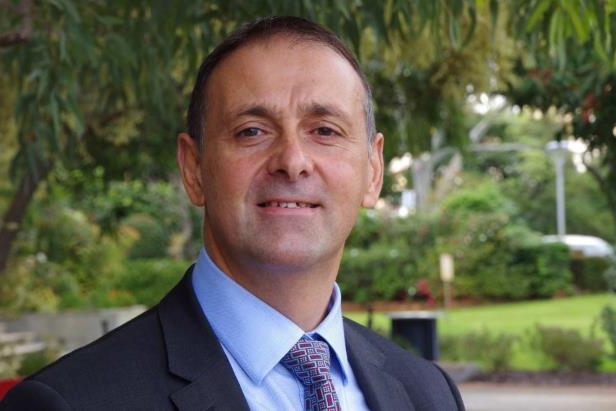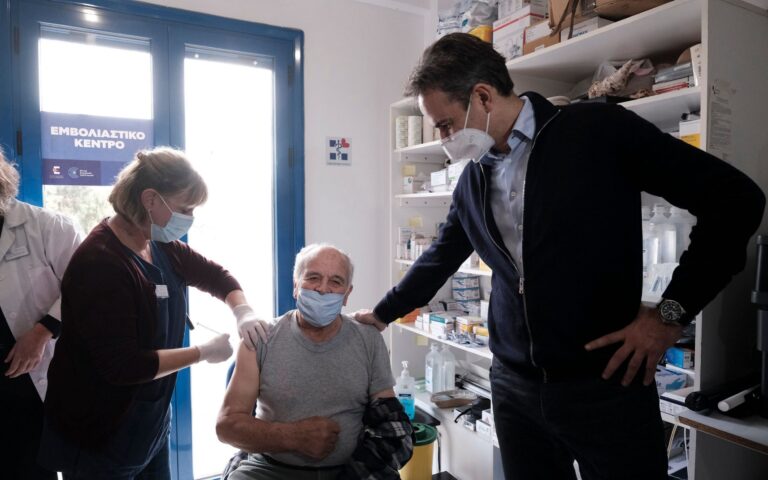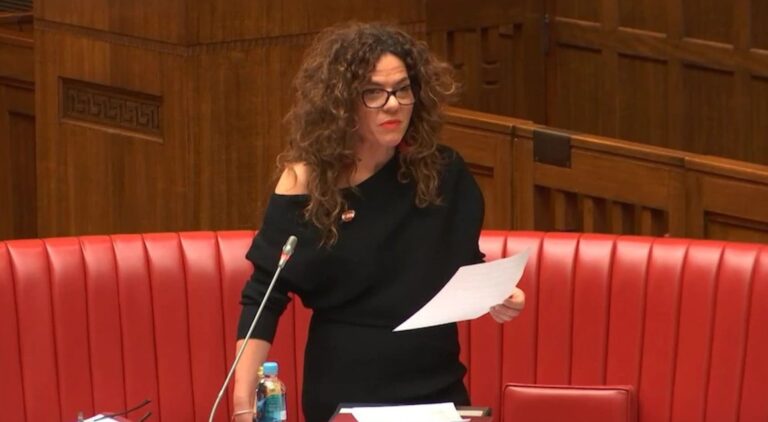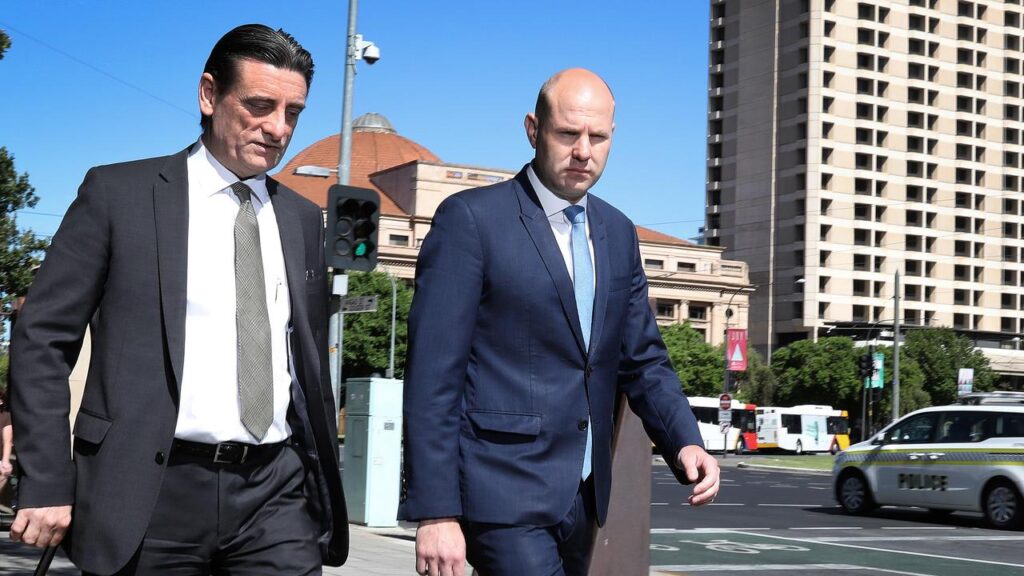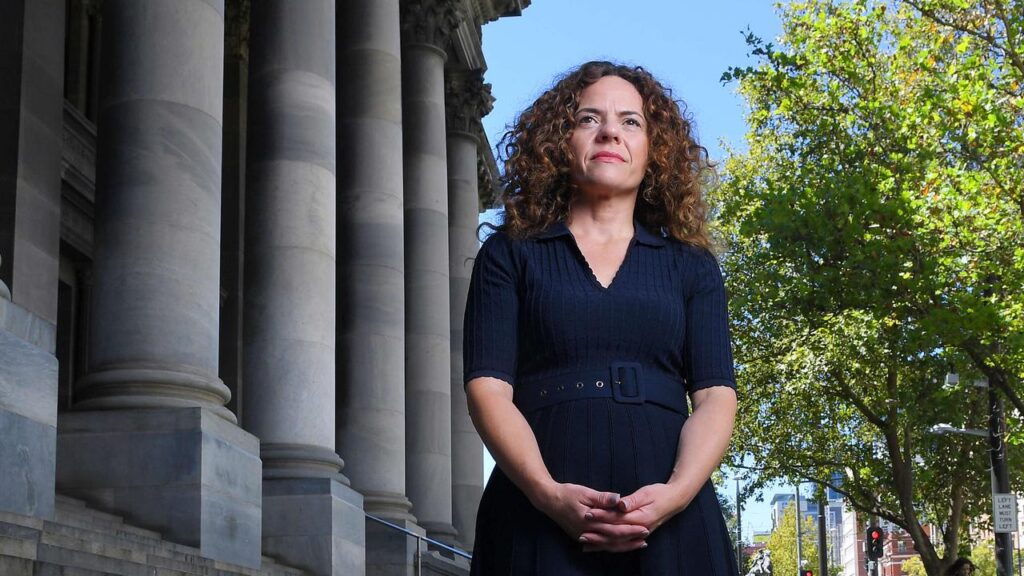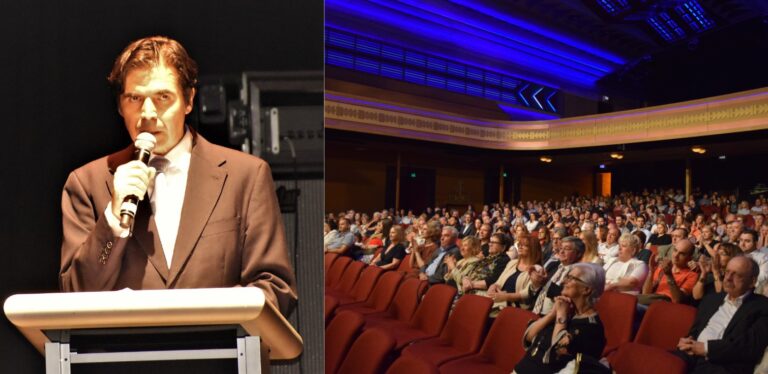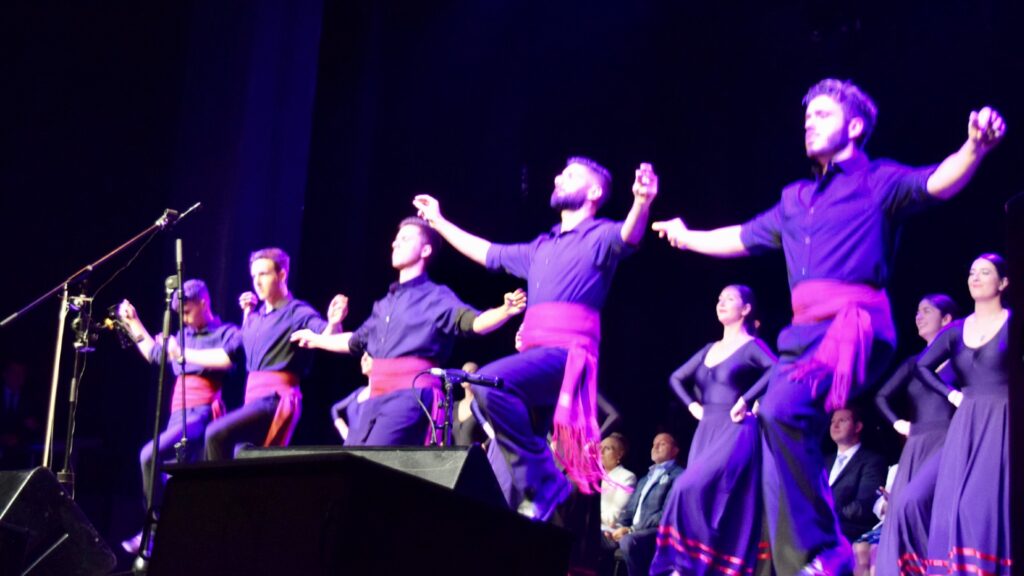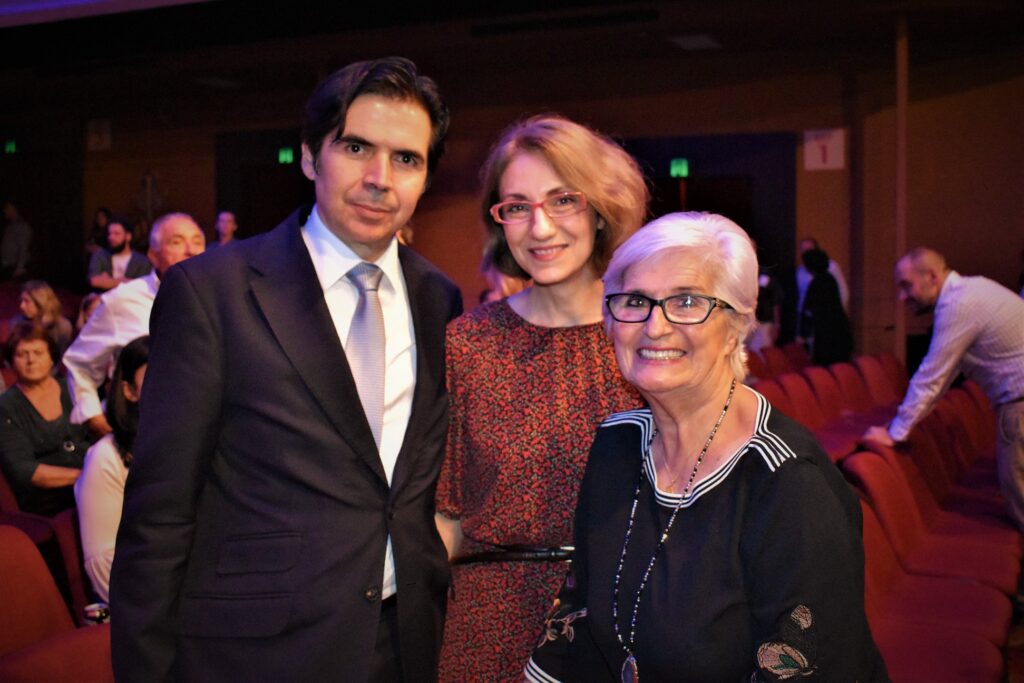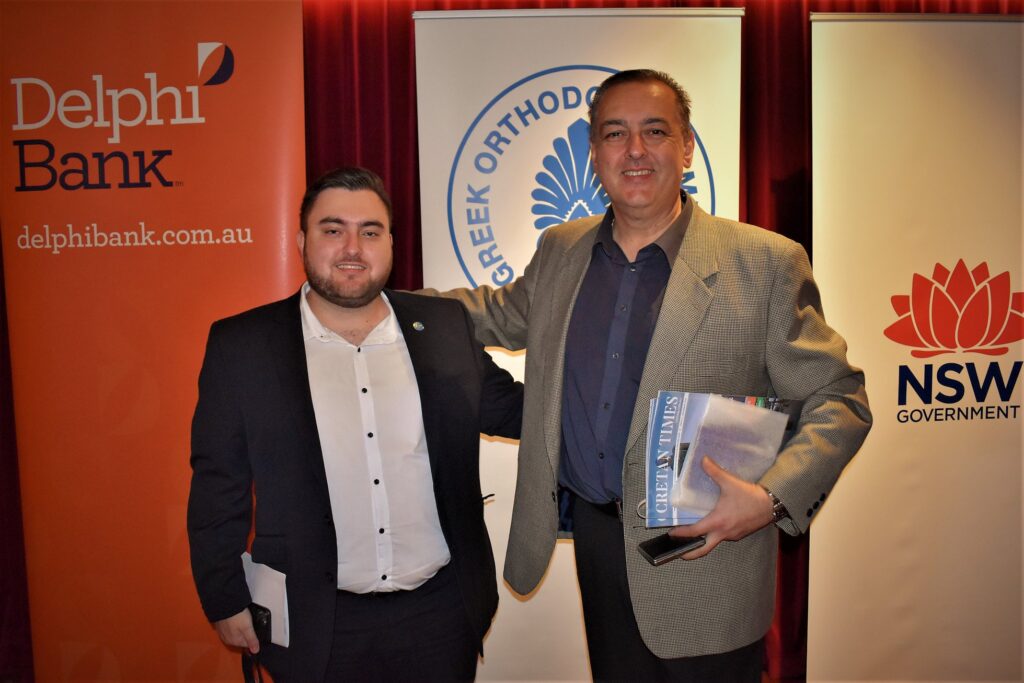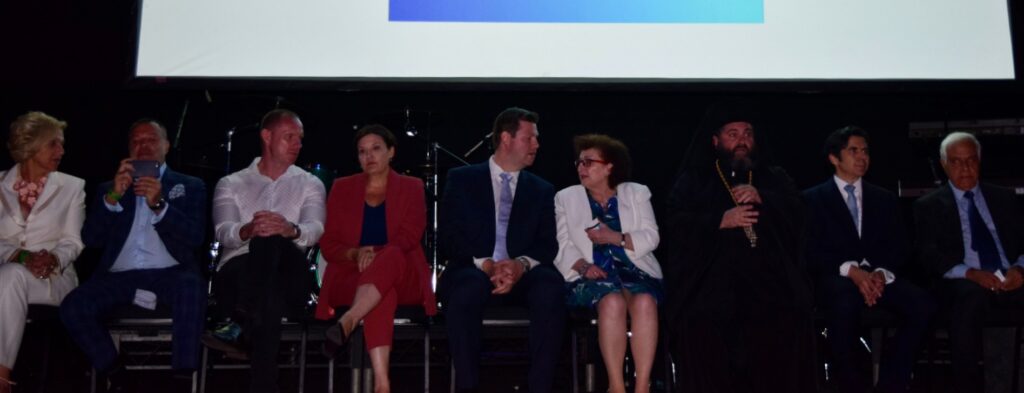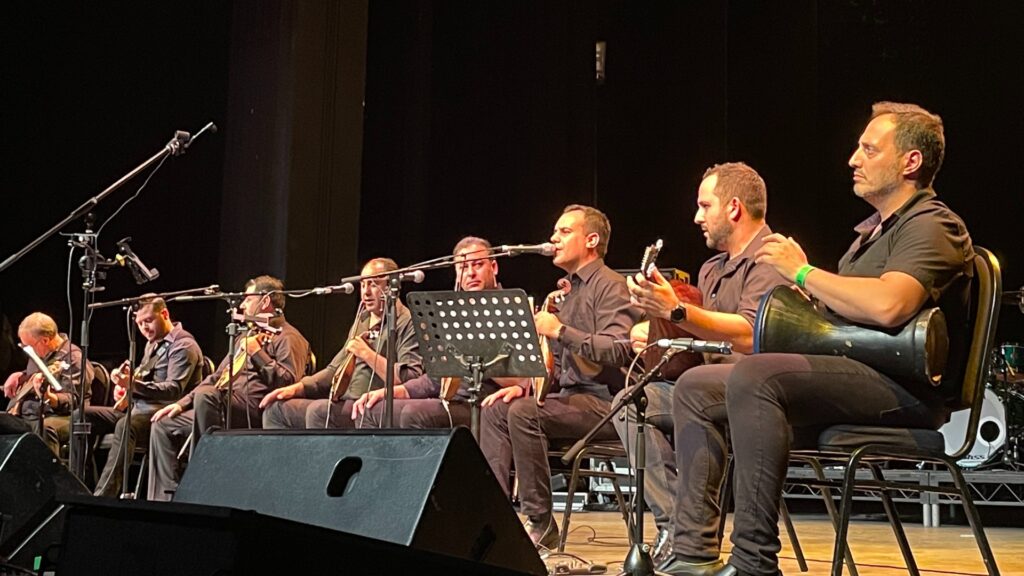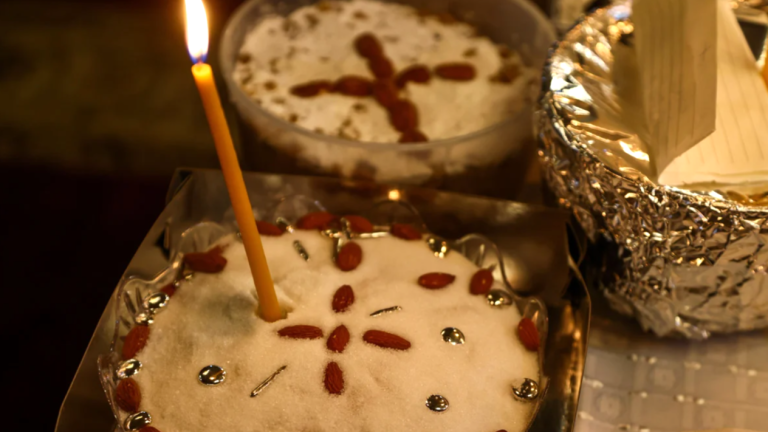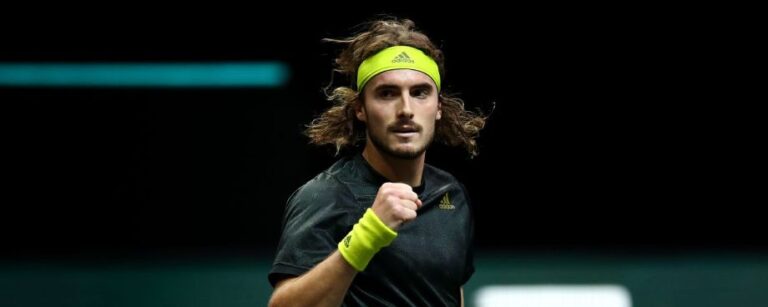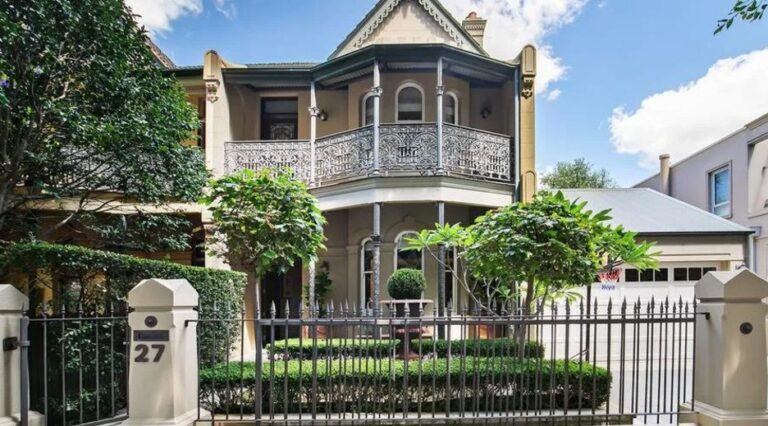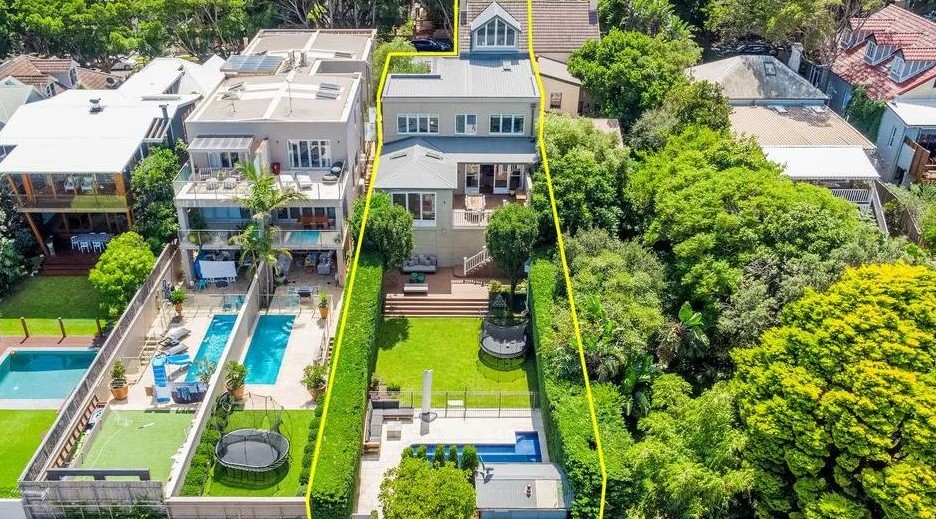A battle for the Legislative seat of Hilarys, located about 20 kilometres north of Perth, is on the rise ahead of the 2021 Western Australian state election next week.
Hillarys has been a blue-ribbon Liberal seat since its creation and is currently under the office of Peter Katsambanis. Speaking to ABC News, Katsambanis said he hopes for his final four years of work to be spent helping Hilarys locals.
“The local people want a local person who actually understands their needs,” he said.
‘They don’t want a drive in, drive out member of parliament who comes here when it suits them.
“They don’t want someone who sees Hillarys as a passport to parliament.”
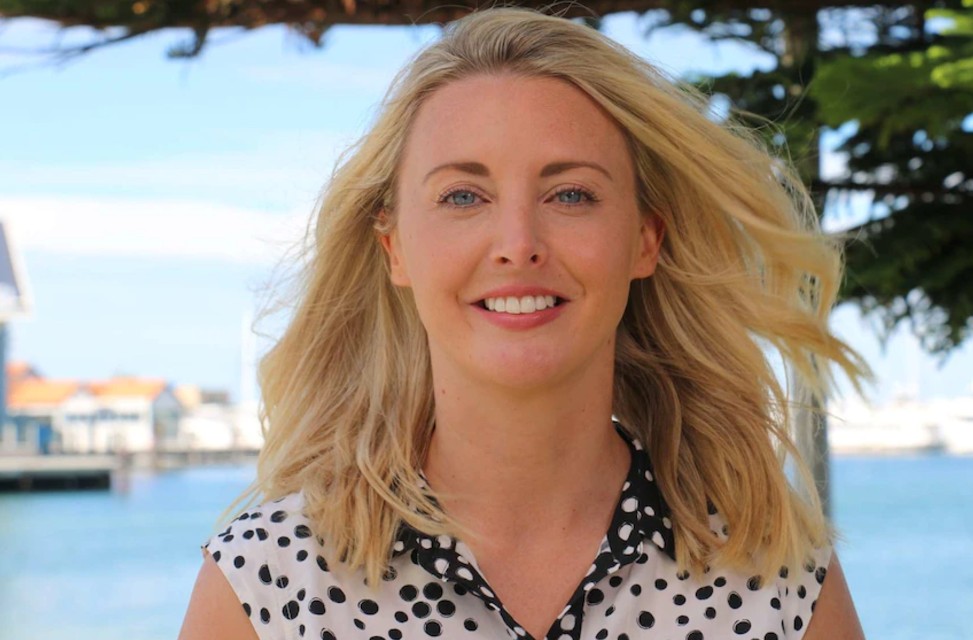
In the red corner is Labor’s Caitlin Collins, who ran for Cottesloe in 2017. She said she is set to move locally to Padbury after the election and is hoping to woo voters amid all-time high support in some polls for the party.
“This seat has been held by the Liberals for 30 years, and I think they’ve taken it for granted and they’ve become complacent,” Collins said to ABC News.
“Now people can finally have a strong voice who can deliver for them in Hillarys.”
Mr Katsambanis is hoping to secure a second term in the seat, and said he had been working to get to know the new additions to the electorate.

“It’s been great to get to know the people of Mullaloo and Beldon, who weren’t in the electorate last time, but they’re certainly a key part of the electorate now,” he said.
“In all marginal seats, all we can do is give our best, I’m an absolute fighter, I have never given up on anything in my life.”
Amid his party leader’s comments about the Liberals being unable to win the election, Mr Katsambanis said he had been focused on his own seat, and believed he could win it.
“[Voters] want someone who’s from this local area, who’s going to stand up for the interests of our local area, particularly in the next four years when it’s likely that one party’s going to have total control,” he said.
